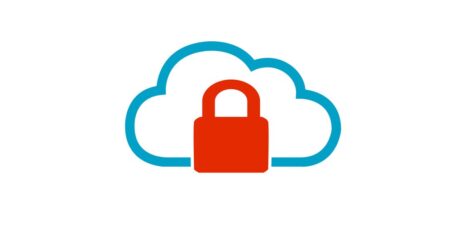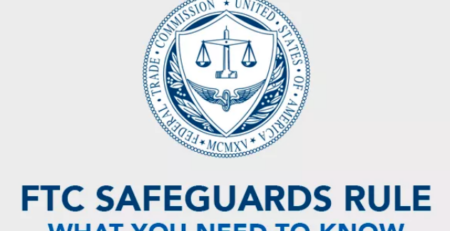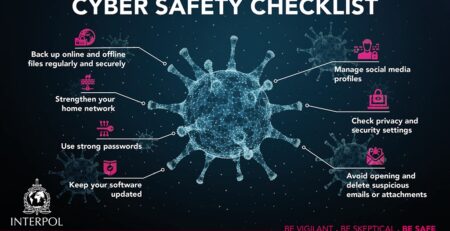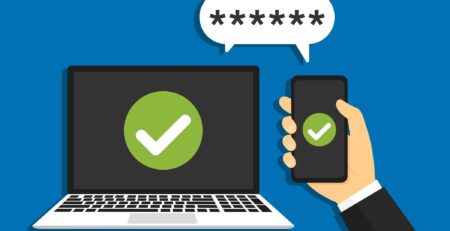Preventing Data Loss and Enhancing Security
Protecting sensitive data is paramount. Data loss can have severe consequences, including financial losses, reputation damage, and legal repercussions. Implementing robust data protection measures is essential for ensuring the security and integrity of your business’s information. In this article, we will explore vital tips for preventing data loss and safeguarding sensitive information from potential threats and vulnerabilities.
1. Conduct Regular Data Backups
Regular data backups are the cornerstone of data protection. Create a comprehensive backup schedule that includes all critical data, and ensure that backups are stored securely both on-site and off-site. This practice is crucial for ensuring business continuity in the event of data loss or system failures.
2. Implement Robust Security Protocols
Enhance your security protocols to safeguard sensitive data. Utilize encryption for data at rest and in transit, and enforce strong password policies. Additionally, deploy firewalls, antivirus software, and intrusion detection systems to mitigate external threats and unauthorized access attempts.
3. Educate Employees on Security Best Practices
Human error is a leading cause of data breaches. Educate your employees on security best practices, including recognizing phishing attempts, maintaining strong passwords, and adhering to data handling procedures. Regular training sessions can significantly reduce the risk of data loss due to human error.
4. Restrict Access to Sensitive Information
Limit access to sensitive data to only authorized personnel. Implement role-based access controls (RBAC) and ensure that employees have access only to the data necessary for their specific roles. Regularly review and update access permissions to prevent unauthorized access.
5. Monitor Network Activity
Deploy comprehensive monitoring tools to track network activity and identify any unusual behavior or potential security threats. Real-time monitoring allows for prompt detection and response to any unauthorized access attempts or suspicious activities.
6. Develop a Comprehensive Data Loss Prevention (DLP) Strategy
Establish a DLP strategy that includes monitoring, detecting, and preventing the unauthorized transfer or use of sensitive data. Implement data classification to identify and protect sensitive information, and deploy DLP solutions to prevent data breaches or leaks.
7. Regularly Update Software and Systems
Keep all software and systems up to date with the latest security patches and updates. Outdated software can be vulnerable to cyber threats and exploits, making regular updates crucial for maintaining a secure IT environment.
8. Enforce Physical Security Measures
Physical security is just as important as digital security. Restrict access to server rooms and data storage facilities, and implement security measures such as surveillance cameras, access control systems, and biometric authentication to prevent unauthorized physical access.
9. Create a Incident Response Plan
Develop a comprehensive incident response plan that outlines the steps to be taken in case of a data breach or security incident. Include protocols for identifying, containing, eradicating, and recovering from security threats, and regularly test and update the plan to ensure its effectiveness.
10. Regularly Conduct Security Audits and Assessments
Regularly perform security audits and assessments to identify potential vulnerabilities and gaps in your security infrastructure. Engage external security experts to conduct thorough assessments and provide recommendations for enhancing your data protection measures.
Preventing data loss and protecting sensitive information is a critical aspect of your business’s operations. By implementing these essential tips, including conducting regular data backups, enforcing robust security protocols, educating employees on security best practices, and developing a comprehensive incident response plan, you can effectively mitigate the risk of data loss and fortify your business’s data security posture. Prioritizing data protection not only safeguards your business’s reputation and financial well-being but also fosters trust among your customers and stakeholders.










Leave a Reply